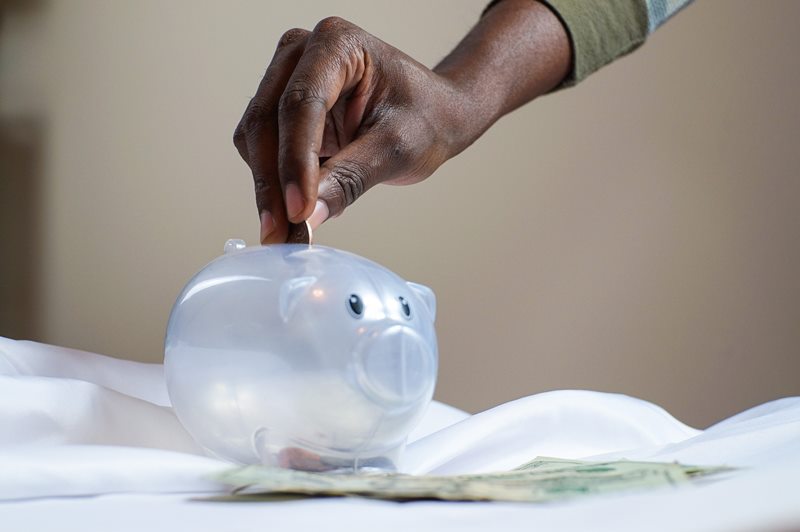It’s been a tough year financially as the world has reeled under the impact of Covid-19. For many, the financial impacts have been far-reaching and it’s been a daily battle just to keep afloat. As the economies slowly start opening up again and business start operating, some people are left with financial devastation – how and where do you start rebuilding and moving ahead?
The first thing to realise is that you have been through a very traumatic time. A lack of financial security is one of the most stressful situations to be in, and coupled with possible job insecurity, you will be fully justified for feeling completely washed out and overwhelmed. If you are now earning an income again, you can start focussing on getting back on track. This won’t happen overnight – it will take time, so you need to be kind to yourself, and give yourself time needed to reboot and realign your finances.
To get some order into the process, some steps that you can follow:
- Draw up a list of all the money you owe, and to whom, and then draw up a repayment schedule which is part of your budget. If you borrowed money from family or friends, check that they are happy with your repayment schedule, and if you used extended credit on a credit card or personal loan, try to pay off this amount sooner rather than later, as you will save on interest. It will take time to repay everything. Give yourself at least six months as you need to live every month as well. It may even take longer, depending on the extent of debt which you incurred.
- Fulfil the obligations of your payment holidays, particularly where debt is concerned. Find out exactly what the implications are in terms of repayment. If necessary, make arrangements with your creditors to pay off arrear amounts. If your landlord granted you some leniency in terms of your rental, make arrangements to pay back the arrears if this is expected.
- For payment holidays on policies and investments, check and see whether you actually need to pay back the arrears. In many investments, you can skip payments and there is no contractual obligation to catch up later. For life cover and other risk benefits, understand the impacts of not paying (such as loss of life cover) and start paying the arrears if you have to. Some insurers offered special payment holiday options because of Covid-19, so make sure you understand what these are. Also if you were forced to stop paying your policies completely, find out what the conditions are for you to reinstate them.
- Stop all long term savings, or reduce them greatly, until your debt is paid off. There is no point paying high interest on debt, and earning far less in growth from your investments.
- Set aside a fixed amount each month into an emergency fund. This was probably the biggest reason why people faltered so badly during this recent time. Living from payday to payday is a very dangerous model, as its one payday away from disaster. So change the way you live and plan – open a separate bank account and put a set amount in there every month that will build up your emergency fund. Even if you start with R250 a month, it’s a start. Place this at the very top of your budget in terms of priority.
- Change your spending patterns going forward. Having high levels of debt just makes life even more stressful if there is no money coming in. Get rid of your debt. Make a commitment to yourself to stop incurring new debt, and to just pay of your cards, loans and accounts until they have a zero balance. Working on a cash only basis is immensely liberating, and most of us started our working lives with no debt (apart from perhaps a study loan). Remember those carefree days? You can get there again with a bit of discipline and strict budgeting.
The last thing that you want is for financial stress to live with you for years to come because of extra debt hanging over your head today. It’s been a tough time, and the next few months will probably continue to be tough as you realign your financial goals. Make debt elimination your priority, even if it means putting long term investing on the back burner. Have a plan, put yourself first, and have the courage to follow through. Most of all, be kind to yourself and learn from this experience. We can’t control the type of challenges which will be thrown our way, but we can control how we react and what we learn from them.

